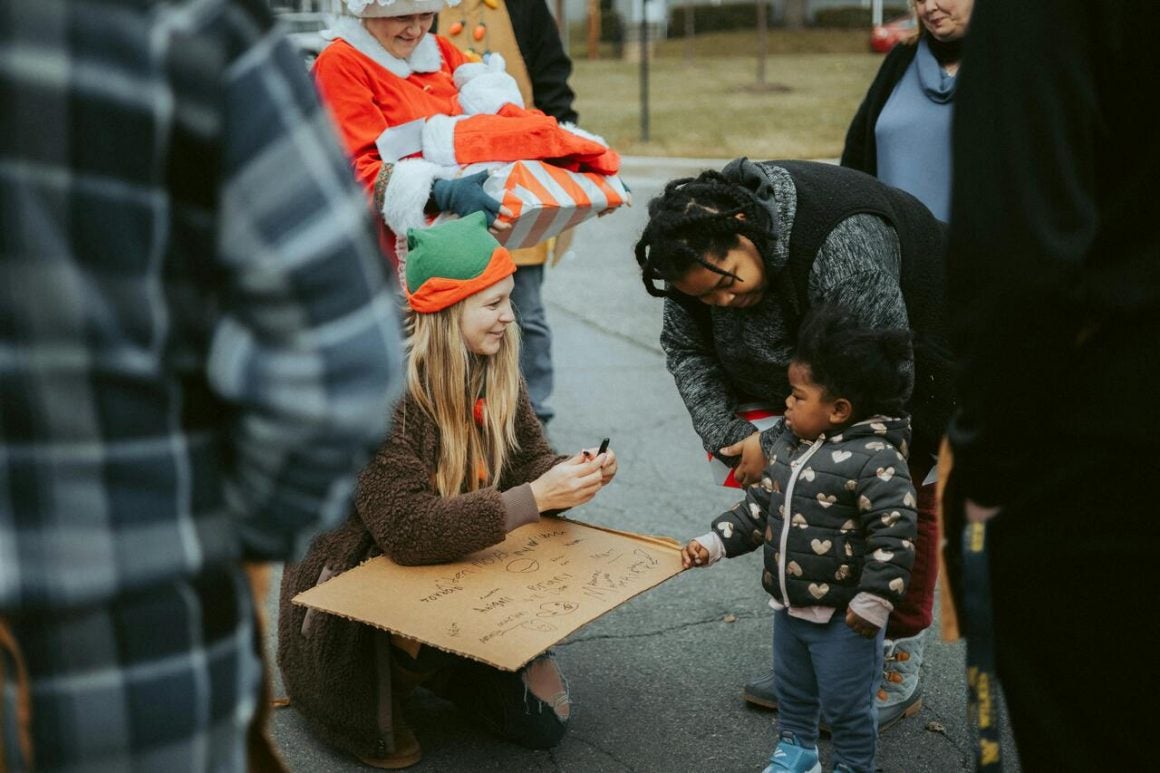Luck and generosity often go hand in hand.
While many people associate wealthy folk with greed and surplus, it’s not always the case – and it certainly isn’t for those who are thrown into wealth.
If you think about it, those who win big on one of the sites at casinosonline.ph, it can come with feelings of unease, like it’s not really yours. Or, it can come with feelings of generosity – knowing how good it felt for you to win big, you can spread that joy to others.
The Jackpot Philanthropist
Elmer Sherwin’s story is a good place to start when exploring the relationship between luck and generosity. In 1989, at the age of 76, Sherwin won a $4.6 million Megabucks jackpot at The Mirage in Las Vegas. Oddly enough though, his gambling journey didn’t end there. Sixteen years later at age 92, Sherwin defied unbelievable odds by hitting another Megabucks jackpot, this time winning even more: $21.1 million.
What makes Sherwin’s story special isn’t just his double win; it’s how he used his money. After his second jackpot, he donated a large part of his winnings to Hurricane Katrina relief efforts. His generosity didn’t stop there though, as he continued to support various charities throughout his life. Sherwin’s story shows that one can be both very lucky and incredibly giving, even in their later years. Or, many would argue, because of his later years.
Kerry Packer: Tipping Along The Way
Kerry Packer, the late Australian media mogul, was well known for his extravagant gambling habits. In 1997, Packer set a new standard for casino wins by securing $20-40 million in a single night at the MGM Grand in Las Vegas. His high-stakes style involved placing bets of up to $250,000 per hand at blackjack tables. Quite the spectacle.
Packer’s generosity was as legendary as his gambling, though. After big wins, he would tip casino staff over $1 million. Whether it was because of his adrenaline, showmanship, or sincerity, we will never know – but the casino staff beneficiaries may not care to know.
His philanthropy extended beyond casinos, as he once tipped ambulance drivers and EMS workers a million dollars each after a near-death experience. Other acts of kindness included paying off mortgages for friends.
Despite some big losses, like $33.3 million at the Bellagio in 2000, Packer’s larger-than-life persona paired suitably with his charitable acts. It showed that the winning experience is for all who experienced it, not just him.
Frances Connolly: The Lottery Winner Addicted to Giving
Frances Connolly, a 55-year-old former social worker and teacher from Hartlepool in England, won a staggering £115 million (approximately $144 million) in the 2019 EuroMillions lottery. So, not too long ago. Yet, in that short space of time, she has already donated more than £60 million of her fortune – more than half. It soon surpassed the charitable budget she and her husband Patrick had initially set.
Her generosity knows no bounds, as she admits, “I’m addicted to it now”. This addiction to giving has led her to establish two charitable foundations: the Kathleen Graham Trust and the PFC Trust.
Connolly’s approach to philanthropy is intensely community-focused. “What differentiates this charity is our engagement with the projects we help and our desire to build connections between the groups for mutual support”.
Her charitable efforts have made a real difference. And despite having so much money (she would argue a surplus), Connolly stays humble. The biggest purchase she and her husband have made is a six-bed house with seven acres of land in County Durham. She dismisses the idea of spending extravagantly, saying, “Oh, who needs all that money? Why wouldn’t you [give it away]?”
The Psychological Impact of Sudden Wealth
Sudden wealth can have pretty big psychological effects on individuals. In fact, not all of it can be positive, as many do not know how to handle wealth and opportunity. One condition it can lead to is Sudden Wealth Syndrome (SWS). This phenomenon can cause feelings of isolation and guilt. However, research suggests that lottery winners who engage in philanthropy often experience increased life satisfaction. So, it’s a way to turn this guilt and isolation on its head.
A study published in The Review of Economic Studies found that large-prize lottery winners reported sustained increases in overall life satisfaction for over a decade. Not all did, but there is a good amount of evidence that shows philanthropy plays a role in whether you end up happy after large winnings.
Final Word
The stories above demonstrate the power of combining good fortune with generosity. In fact, we should begin to see them as a pairing – or even an obligation. Their actions don’t only help communities and others, but they help the winners by offloading some of the overwhelming emotions of large wins.

